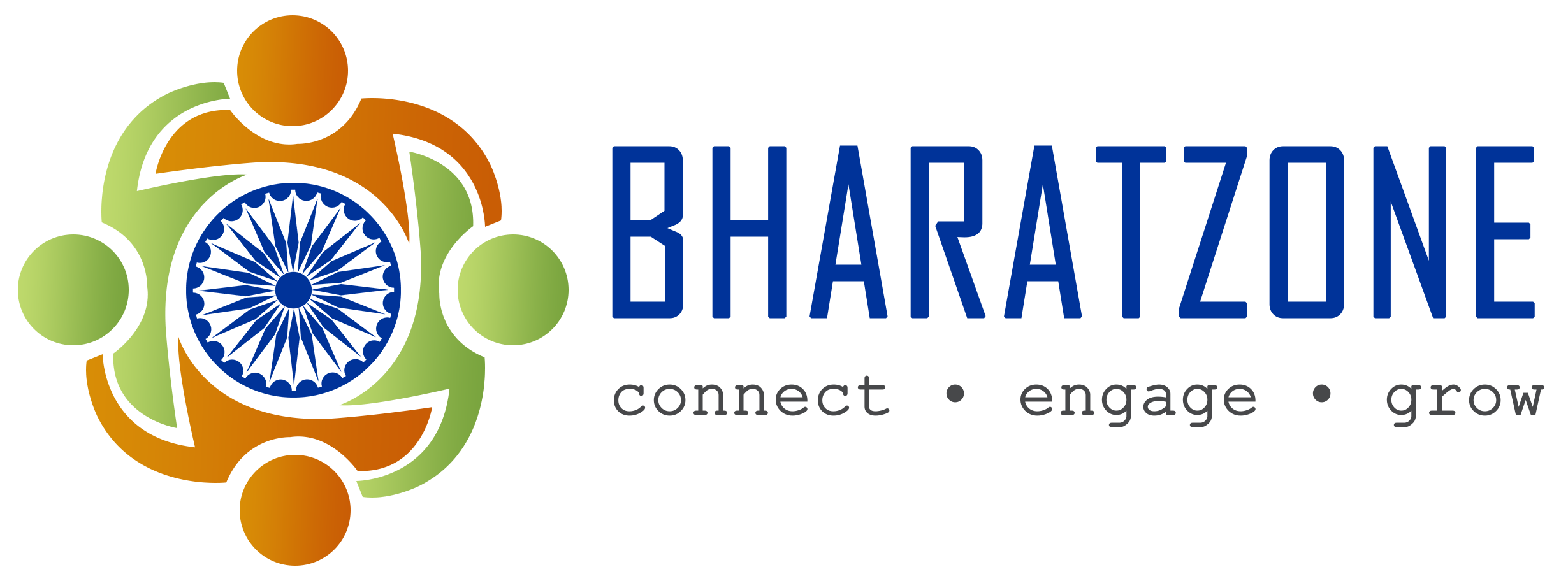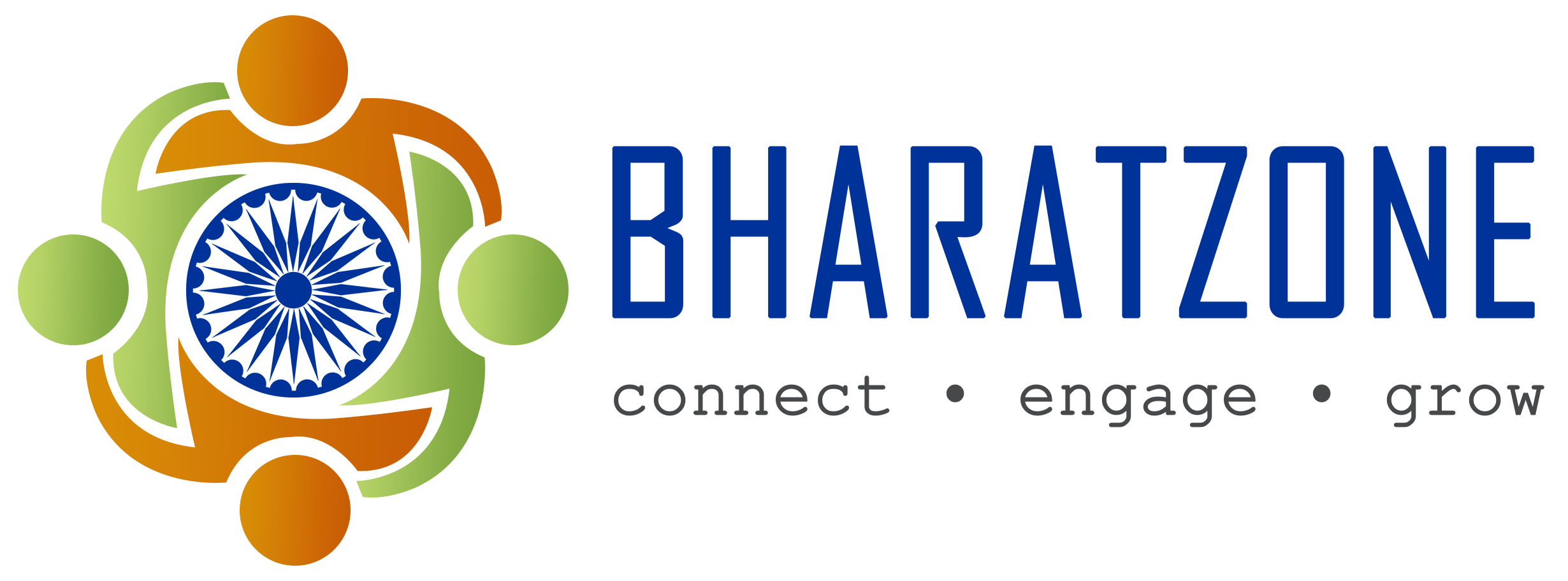A Certified Clinical Medical Assistant (CCMA) plays a crucial role in the healthcare system, bridging the gap between patients and physicians while ensuring the smooth operation of medical facilities. CCMAs are multi-skilled healthcare professionals trained to perform a variety of clinical and administrative tasks, which makes them indispensable in settings like hospitals, clinics, and private practices. Their duties range from direct patient care to essential administrative responsibilities, all aimed at improving patient outcomes and enhancing the efficiency of healthcare services.
One of the primary responsibilities of a CCMA is to assist physicians and nurses with clinical tasks. This includes taking and recording vital signs such as blood pressure, pulse, temperature, and respiration rates. CCMAs are also trained to draw blood, administer injections, and perform basic laboratory tests, which are critical for diagnosing and monitoring patients' health conditions. They prepare patients for examinations by explaining procedures, gathering medical histories, and ensuring patients are comfortable.
In addition to clinical duties, CCMAs are responsible for various administrative tasks that are vital to the smooth operation of medical facilities. They often handle patient scheduling, ensuring that appointments are set efficiently to maximize the use of physician time and minimize patient wait times. CCMAs also manage patient records, both in paper form and electronically, ensuring that all information is accurate, up-to-date, and easily accessible to healthcare providers. A significant part of a CCMA's role involves direct patient interaction. They serve as the first point of contact for patients, often conducting initial assessments and triaging to determine the urgency of a patient's condition. This interaction requires not only medical knowledge but also strong communication and interpersonal skills. CCMAs must be able to explain medical procedures and instructions clearly, provide emotional support, and address any questions or concerns that patients or their families may have.
Furthermore, CCMAs must adhere to strict protocols and ethical standards to maintain patient confidentiality and ensure compliance with healthcare regulations. They are often responsible for sterilizing medical equipment and maintaining cleanliness in examination rooms to prevent infections and ensure a safe environment for both patients and staff.
The role of a Certified Clinical Medical Assistant is multifaceted and essential in the healthcare system. By performing a blend of clinical and administrative tasks, CCMAs ensure that medical facilities operate smoothly and that patients receive high-quality care. Their ability to manage a variety of responsibilities with efficiency and compassion makes them valuable members of any healthcare team. Through their dedication and skills, CCMAs contribute significantly to the health and well-being of the communities they serve.


